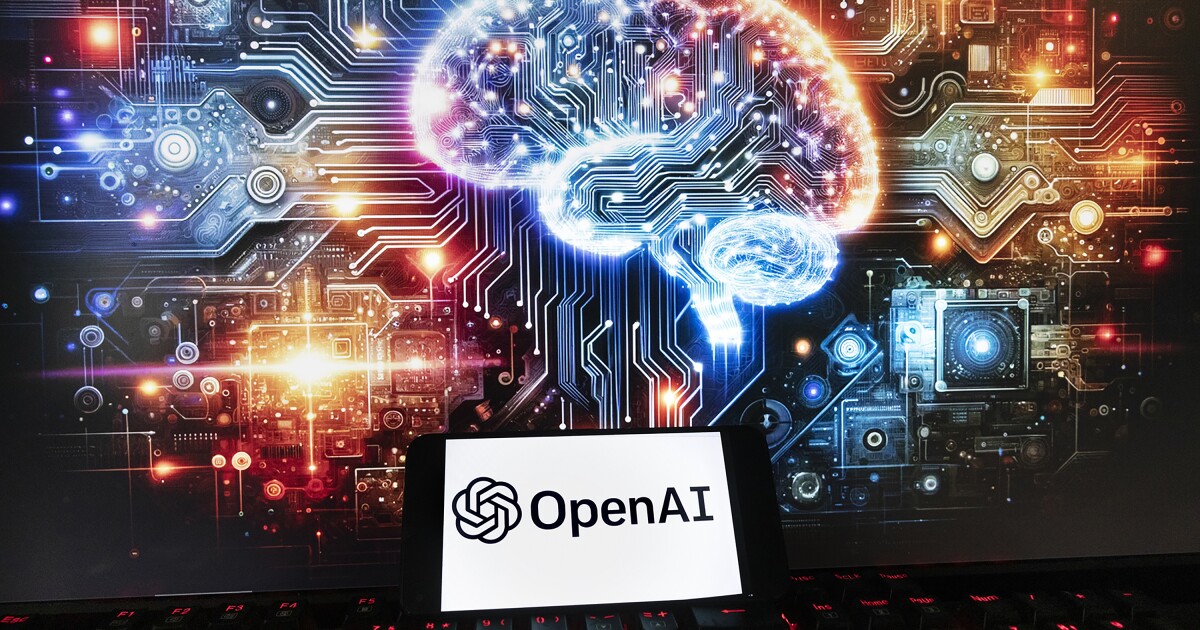Topline:
What does Open AI’s Sora mean for the future of Hollywood? Depends on who you ask.
The background: OpenAI’s latest tool, Sora, can make realistic-looking footage with simple text-to-video commands. The quality appears good enough to populate shows and films — and is stunningly cinematic.
Why it matters: AI is already being deployed in film and TV, and that AI investment is likely to increase in VFX and other parts of the entertainment industry. This technology would in theory give smaller players the ability to make shows and films on tighter budgets. Conversely, it also has the potential to pressure salaries and affect professions if you’re able to, say, use AI to replace costumers, prop makers and makeup artists.
Should Hollywood be worried? If you believe AI will disrupt Hollywood for the worse, Entertainment Strategy Guy says, that “the best way to mitigate the harms is to make the people and companies responsible for AIs development responsible for its deployment.”
“That means if OpenAI releases Sora into the world, and customers use it for fraudulent, deceptive or illegal purposes, then the government can hold OpenAI liable,” he added.
This story is published in partnership with The Ankler, a paid subscription publication about the entertainment industry.





